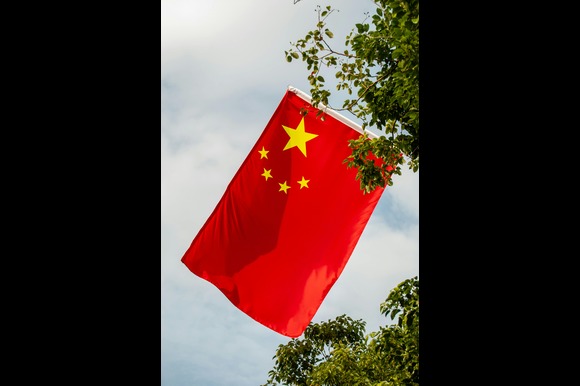China’s securities regulator is intensifying its oversight of the financial sector through new draft guidelines aimed at penalizing firms whose employees display ostentatious wealth or engage in excessive luxury. These proposed regulations, released by the Securities Association of China, signify Beijing’s continued efforts to transform an industry historically characterized by high remuneration, extravagant lifestyles, and speculative behaviors.
If enacted, the updated framework will impose stricter penalties on firms that offer “questionable pay incentives” or whose employees exhibit visible signs of affluence, as reported by the Chinese financial media outlet Cailian Press.
This initiative aligns with China’s broader “common prosperity” campaign, which seeks to address income inequality and regulate sectors perceived to prioritize short-term profits.
In recent years, China’s financial sector has faced heightened scrutiny, exacerbated by a series of high-profile scandals that have drawn public criticism. For instance, in 2022, an employee of China International Capital Corporation was suspended after his wife publicly flaunted his substantial salary of over 80,000 yuan ($11,000) per month on social media.
For context, Statista reported that the average annual salary in urban areas of China was approximately 120,700 yuan (around $16,700) in 2023, with the median monthly salary being 8,001 yuan ($1,115).
In a separate incident, China Securities, a prominent brokerage firm, faced significant reputational challenges after an intern shared a video showcasing their affluence while disclosing client information.
Additionally, last year, the Cyberspace Administration of China initiated a two-month campaign aimed at purging social media of content that promotes wealth display, imposing penalties on influencers who engaged in such behavior to gain followers.
President Xi Jinping has consistently urged financial professionals to prioritize stability and long-term growth over immediate profits. He highlighted the importance of integrity and trustworthiness among financial workers, advising them to refrain from actions that encourage speculation and excessive risk-taking.
The ongoing efforts in China to curb lavish lifestyles within the financial sector resonate with similar concerns globally. In India, former Prime Minister Manmohan Singh addressed the issues of inflated executive compensation and ostentatious consumption. During a 2007 speech to the Confederation of Indian Industry (CII), Singh called on corporate leaders to temper their salaries and adopt a sense of social responsibility, stating, “The better-off sections of our society must eschew conspicuous consumption and be role models of probity, moderation, and charity.”
Singh’s position aligned with his enduring economic philosophy. During the presentation of India’s pivotal economic reforms in 1991, he cautioned against the rampant consumerism prevalent in Western economies. He stated, “Our approach to development must combine efficiency with austerity,”emphasizing that a nation grappling with severe poverty should prioritize essential needs over luxury expenditures.
In the United States, the issue of executive compensation has sparked considerable controversy, as many executives receive substantial pay packages irrespective of their companies’ performance. Detractors contend that corporate boards have become excessively permissive, permitting executives to obtain “golden parachutes” even in instances of underperformance.
The finance sector is now under stricter regulation. China’s financial industry has already experienced significant salary reductions, regulatory actions, and layoffs as part of a broader initiative to align the sector with national objectives. Earlier this year, several state-owned financial institutions implemented salary caps for senior executives.
The revised guidelines proposed by the Securities Association of China also enhance compliance protocols and ethical oversight. Companies will encounter more severe penalties for failures related to reputation or risk management, especially if such failures result in substantial repercussions. Additionally, chief economists who “actively communicate positive messages through state media to stabilize market expectations” will receive additional recognition under the new evaluation framework.






